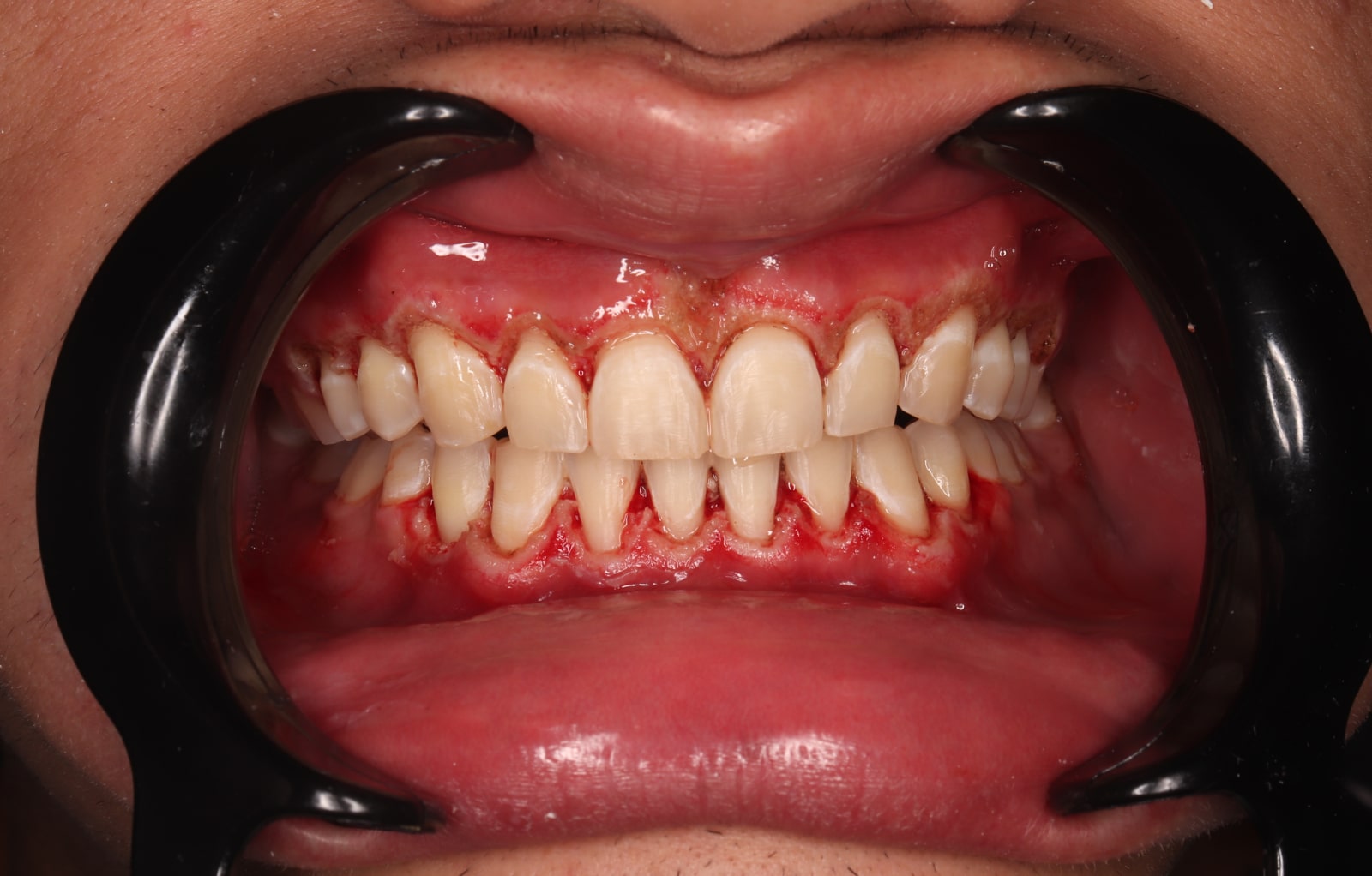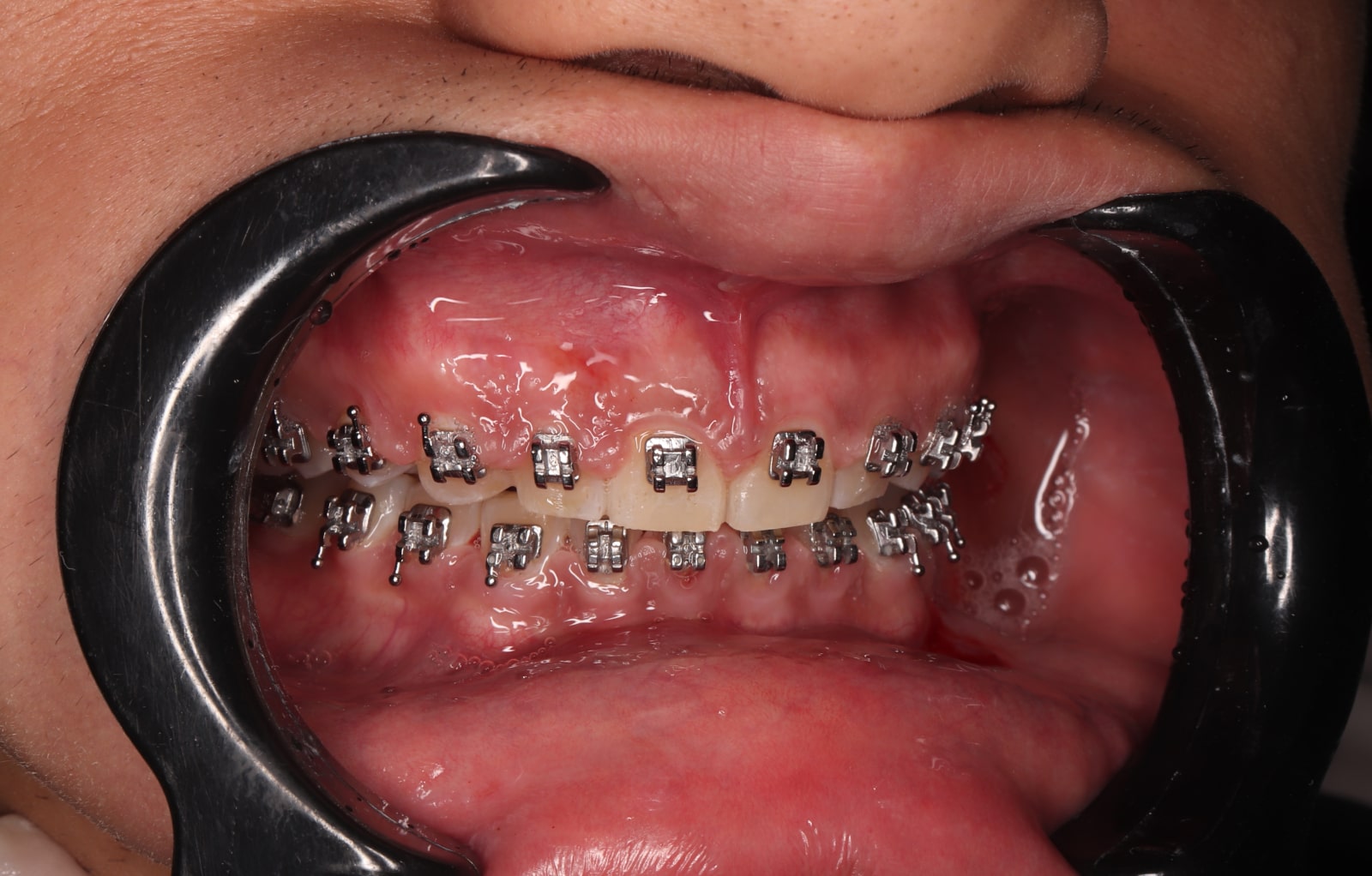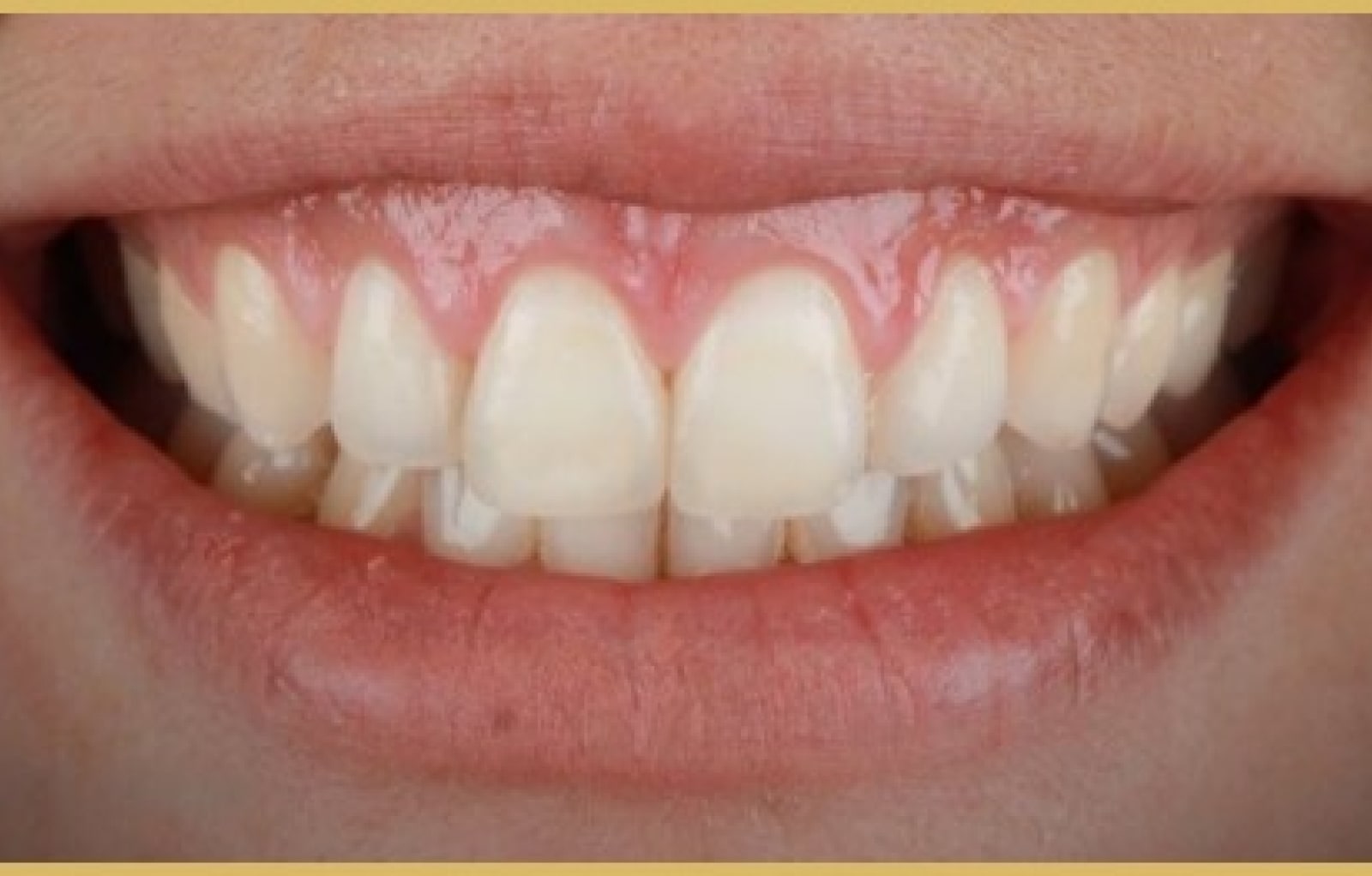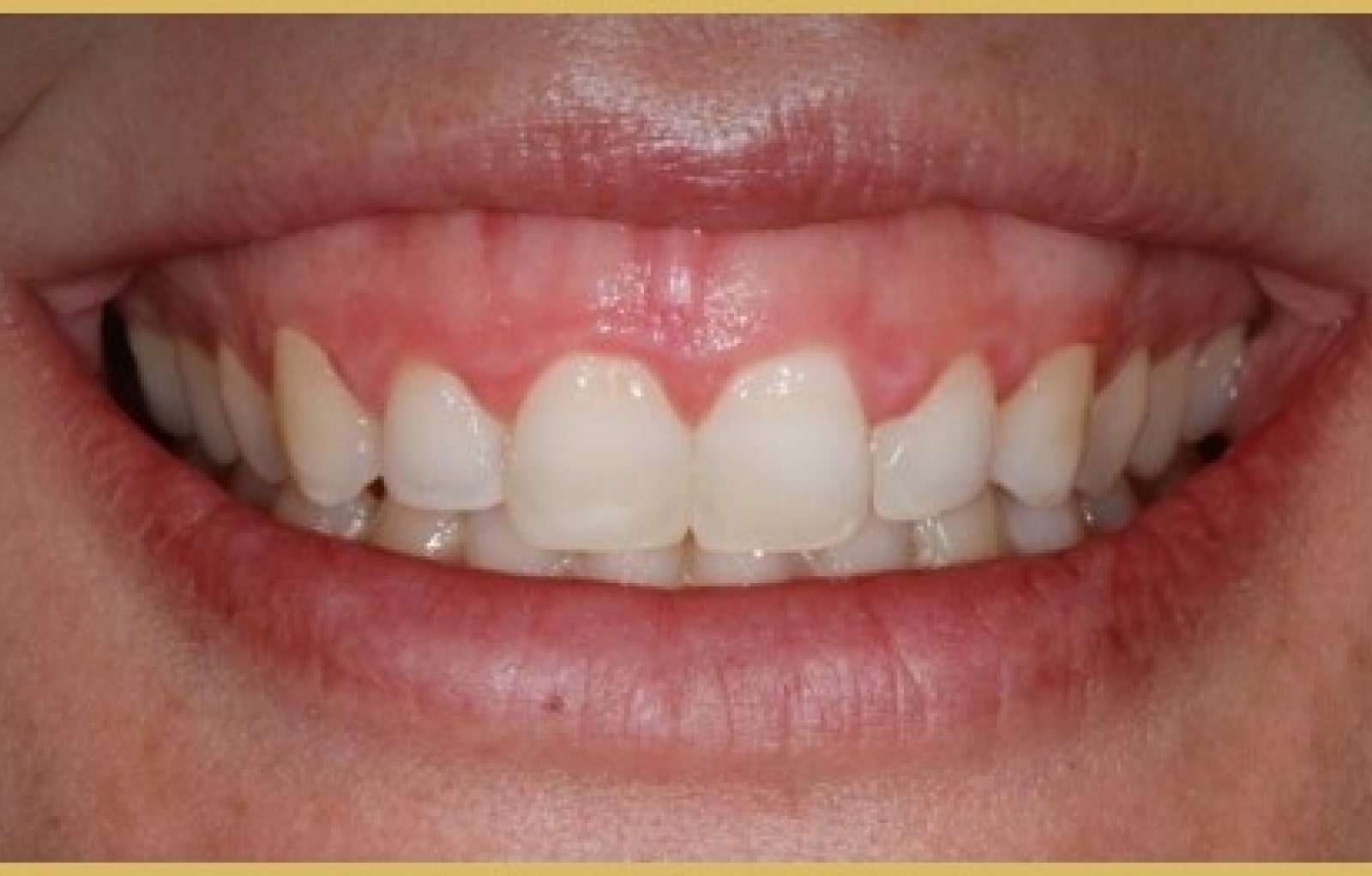Facts about periodontics
- Periodontics is an important branch of dentistry that focuses on the health of the gums and other tissues that support the teeth. The health of these structures is crucial to maintaining healthy and functional teeth in the long term.
- Periodontal disease, which is caused by the buildup of plaque and other factors, is one of the most common conditions that periodontics treats. If not treated properly, periodontal disease can lead to tooth loss and other oral health problems.
- Regular professional dental cleaning is an important aspect of preventing periodontal disease. During the cleaning, the dentist or dental hygienist cleans away the plaque and tartar that has accumulated on the teeth and gums. If any signs of periodontal disease are detected, additional treatments may be necessary.
- Nonsurgical treatments, such as scaling and root planing and the application of antibiotics, are common treatment options for periodontal disease. These treatments help eliminate bacteria and inflammation that may be causing the disease.
- In some cases, periodontal surgery may be necessary to treat advanced periodontal disease. Periodontal surgery may include techniques such as flap elevation, periodontal pocket removal, and tissue grafting.
- Prevention is the key to maintaining optimal periodontal health. Maintaining good oral hygiene, eating a healthy diet, and making regular visits to the dentist for checkups and cleanings are effective ways to prevent periodontal disease and other oral health problems.
- The effects of periodontal disease can go beyond the mouth. Research has shown that periodontal disease may be linked to an increased risk of heart disease, diabetes, and other serious health problems. Therefore, maintaining good periodontal health can have significant benefits for the body's overall health.













